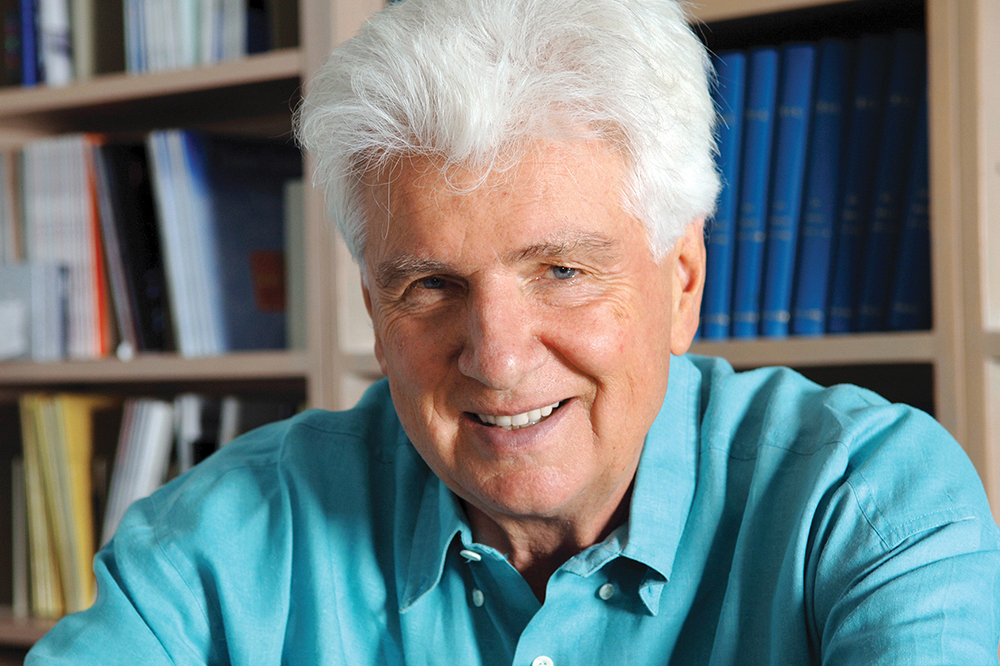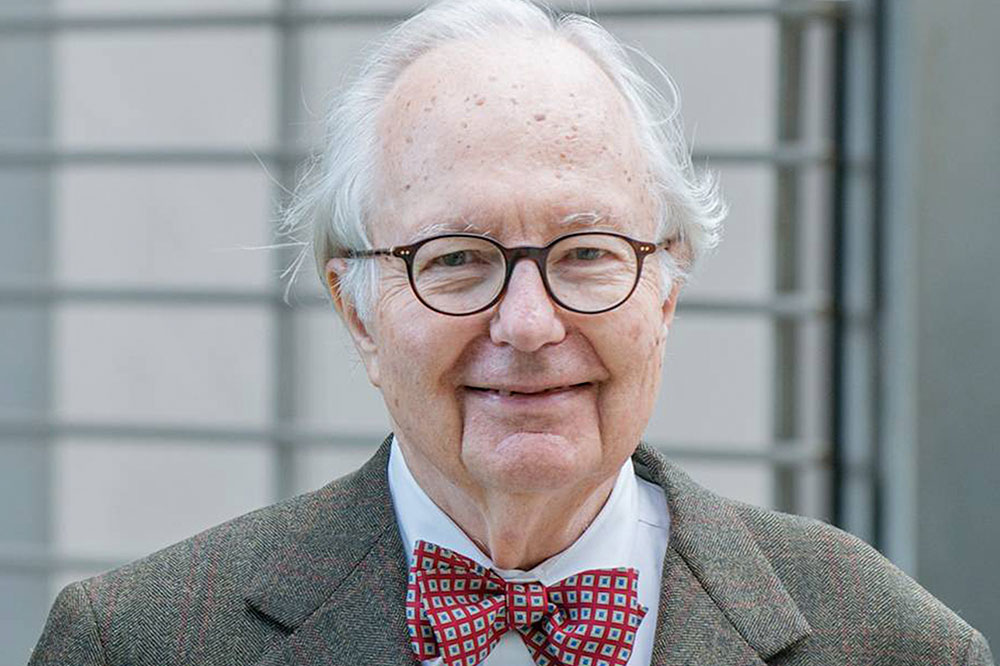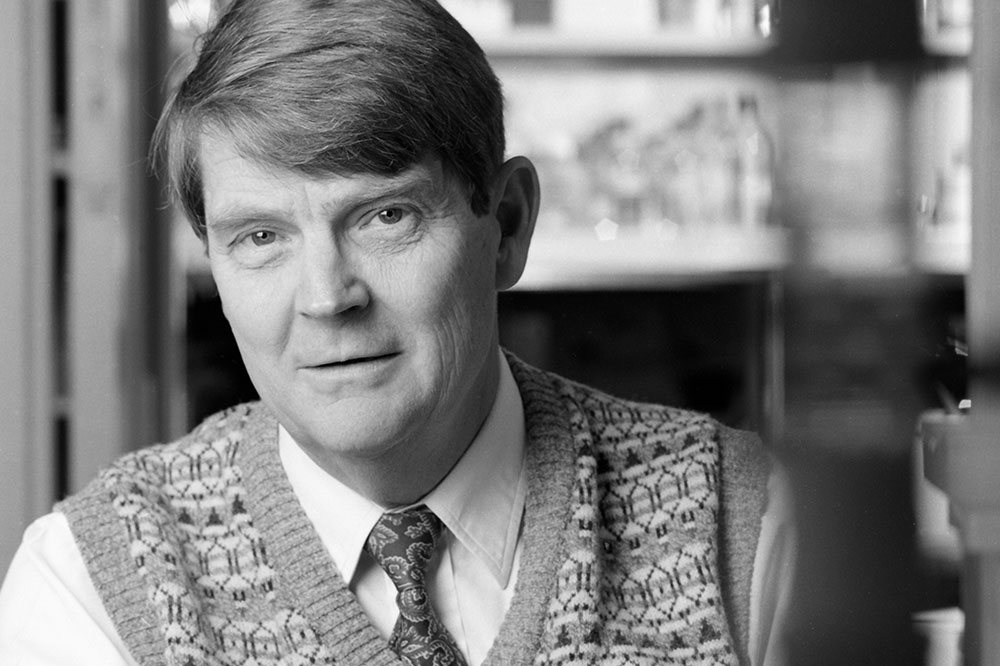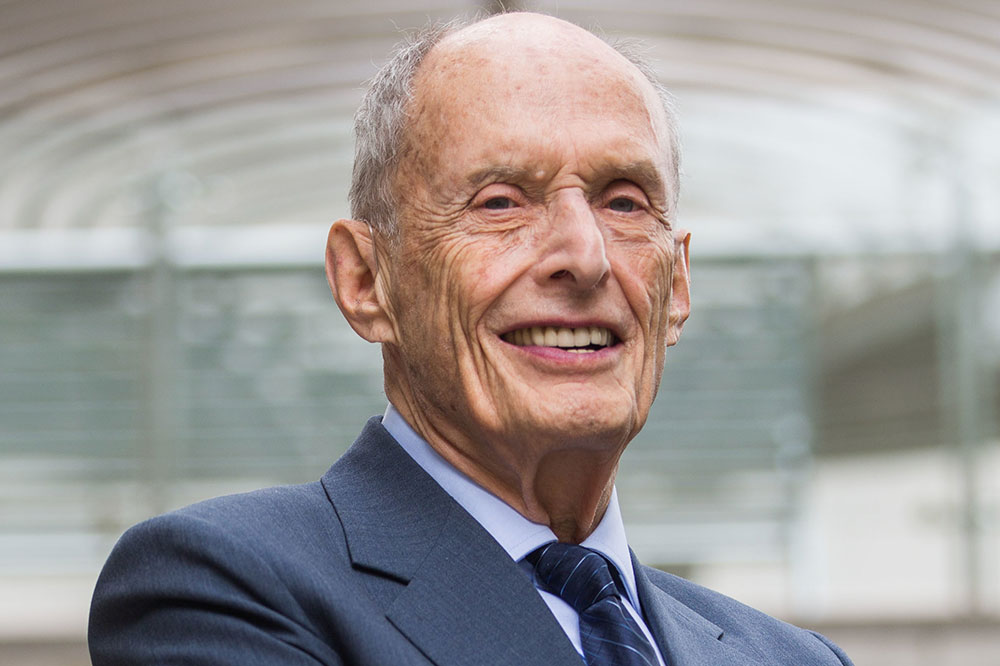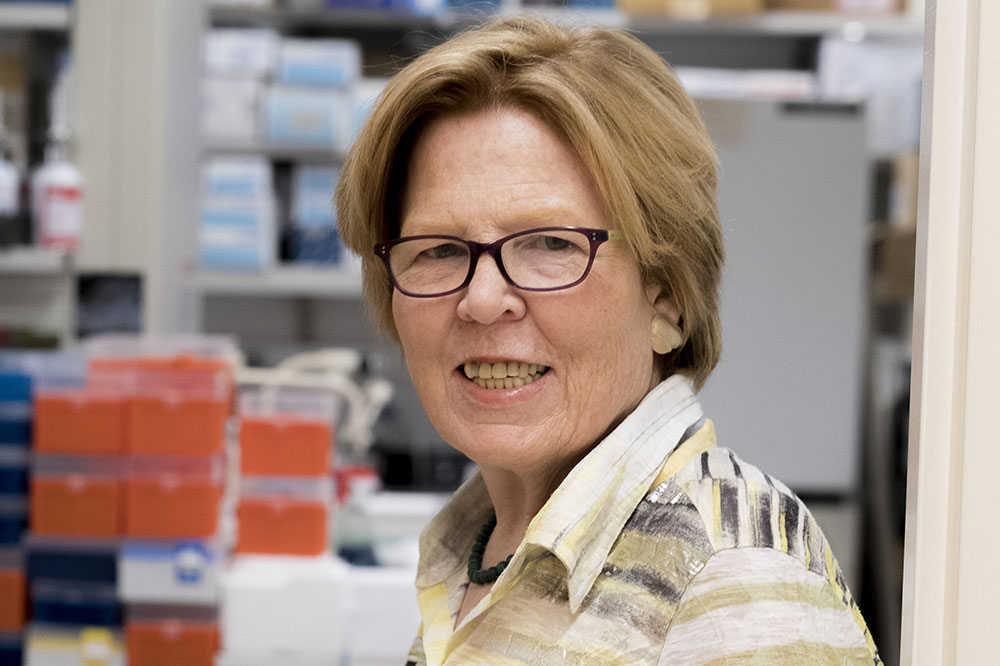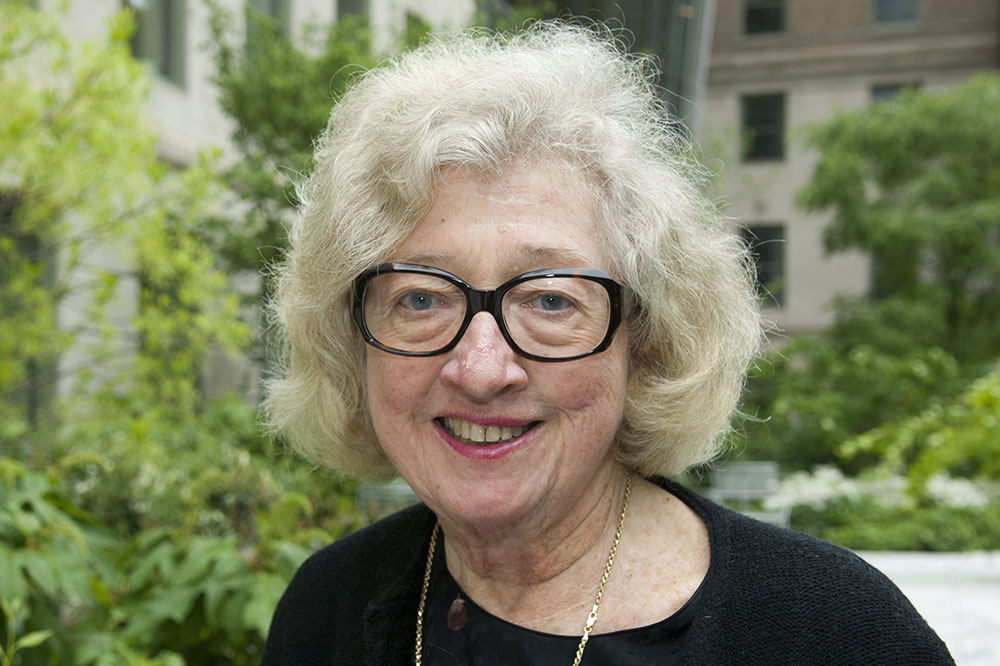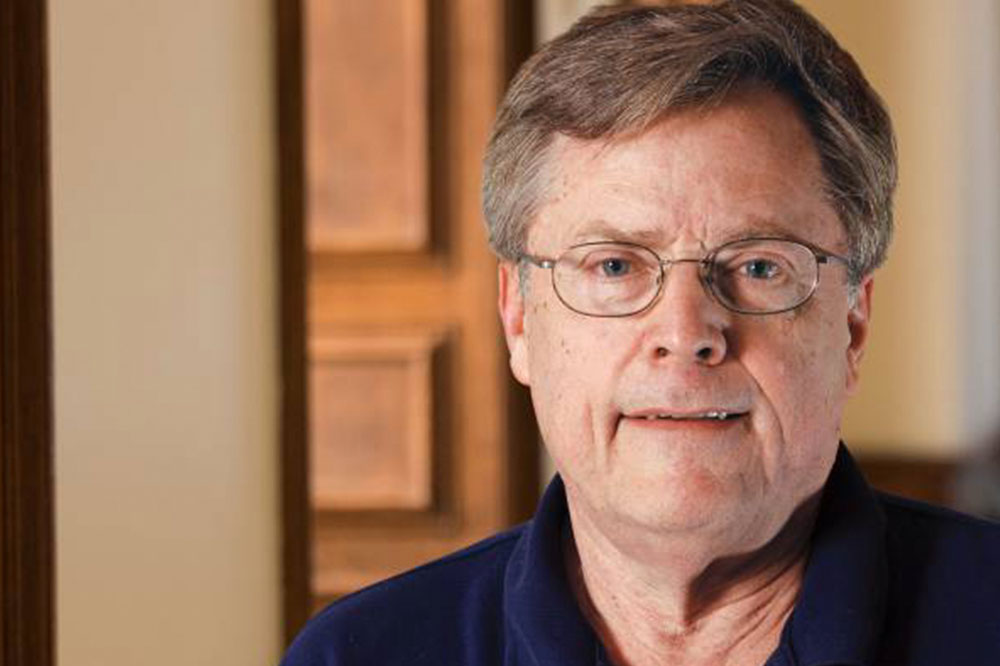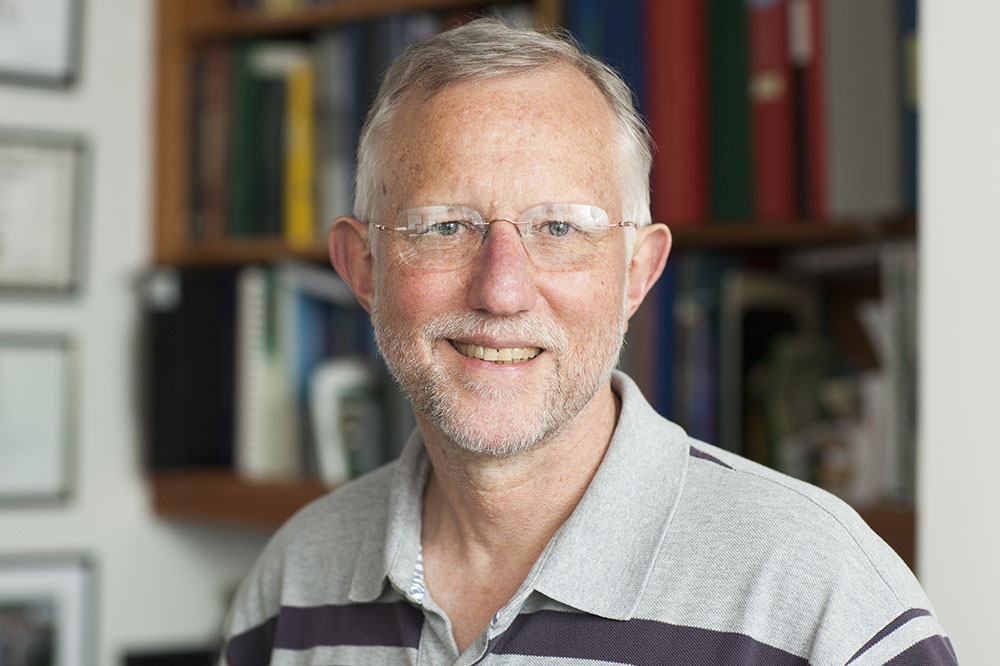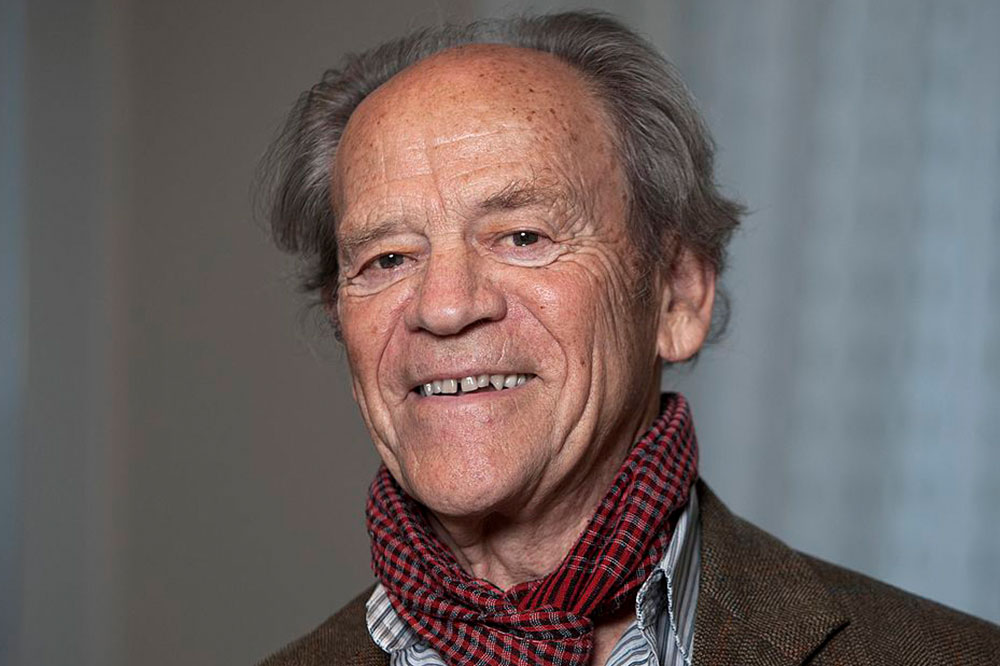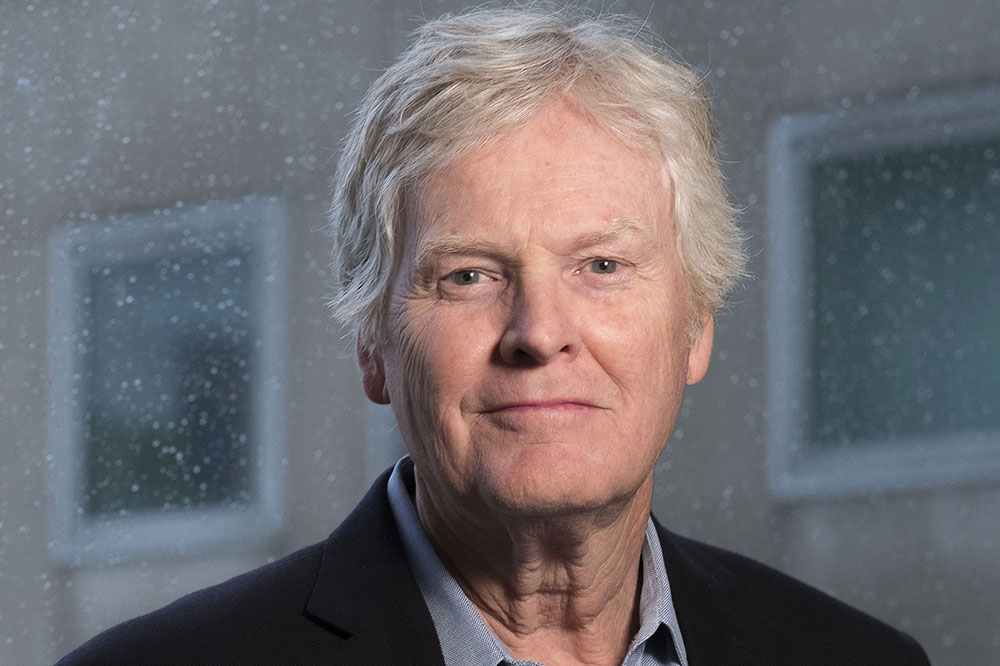Oral history project
The Rockefeller University Oral History Project puts the scientists themselves on the historical record. In this interview series, Rockefeller scientists reflect on their careers, collaborations, frustrations, and discoveries, telling the stories of the people behind the science.
Günter Blobel
After 50 years at Rockefeller, Günter Blobel describes the research that led to his Nobel Prize and talks about his role in forging a molecular approach to cell biology.
James Darnell, Jr.
In this interview, Jim Darnell talks about the central role that attending medical school at Washington University in St. Louis played in getting him out of the South and into a lifetime of research.
Emil Gotschlich
Emil Gotschlich recounts how he became a researcher in Maclyn McCarty’s lab at Rockefeller. Drafted in 1966, he describes the research he did at the Walter Reed Army Institute of Research to develop vaccines for meningitis, a disease rampant among Army recruits.
Paul Greengard
Paul Greengard recalls the leap in thinking he took about neurotransmission in the brain while listening to a lecture about signaling between organs in the body, and he tells the story of founding the Pearl Meister Greengard Prize in honor of his mother, who died giving birth to him.
Mary E. Hatten
Mary E. Hatten details how her childhood interest in science fostered her work from NASA’s Langley Research Center during the Apollo 13 launch as a high school student. She also discusses the importance of creativity in research at Rockefeller.
Mary Jeanne Kreek
After having paralytic polio at age eleven, Mary Jeanne Kreek shares how her past shaped her success in advancing methadone-replacement treatment and her ongoing frustration with the stigma of addiction.
Bruce McEwen
Bruce McEwen describes, in 1968, the discovery of stress hormones in an unexpected part of the brain, the hippocampus, and the evolution of his research on the inseparable relationship between gene expression and one’s environment.
Charles M. Rice
Honored with the Nobel Prize in 2020, Charlie Rice describes that particular experience and how his early interest in virology led to his research that contributed to a cure for hepatitis C.
Torsten Wiesel
An international leader in science advocacy, Torsten Wiesel describes the irreverent approach he and his research partner, David Hubel, took in their groundbreaking research.
Michael W. Young
From remembering his first exposure to the notion of biological clocks as a child to explaining the importance of molecular biology in understanding how individual genes affect behavior, Mike Young recounts a rich story of exploration.
